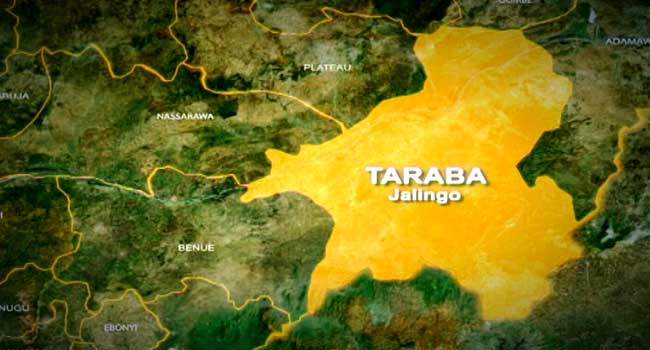No fewer than 20,000 refugees have fled the Republic of Cameroon to seek asylum in Taraba State, Nigeria.
The refugees camping in five local government areas of Sardauna, Kurmi, Gashaka, Ussa and Takum, are appealing to federal and state governments as well as non-governmental organizations for assistance to ameliorate their sufferings.
The Taraba State government has assured them of their safety and protection pending the return of peace in their country.
As at March 2020, over 7,000 refugees had crossed over from the Republic of Cameroon to seek asylum in five local government areas of Taraba State.
Three years down the line, the number has increased to over 20,000 with feeding, education, shelter, health and security becoming a challenge to the host communities as well as the state government.
This has overstretched the state government and it has summoned a multi stakeholders meeting for enhancement of protection and humanitarian assistance delivery to refugees and vulnerable host community members.
After two years of calling for a ceasefire in North-Western and South-Western provinces of the Republic of Cameroon with no positive outcome, the United Nations High Commission for Refugees in collaboration with partners, said the number is increasing.
According to the United Nations, insecurity, difficult terrains, inadequate health facilities, dilapidated schools and shelters for refugees remain a bane to its efforts towards adequate protection of the refugees in Taraba territory.
Appreciative of the development partners’ role in confidence building, the state governor, Agbu Kefas, said his free education gesture also covers the refugees.
Represented by his deputy, the governor insists the pockets of insecurity bedevilling the state are overwhelming, much less of those seeking asylum, but promised to do his best to foster peaceful coexistence between the two neighbours.
For their immense contributions towards the safeguarding of the refugees, some development partners were commended for their humanitarian support.
The meeting is expected to draw recommendations that will facilitate a seamless integration of humanitarian services to refugees and vulnerable community members in line with global best practices on refugees.
END.

